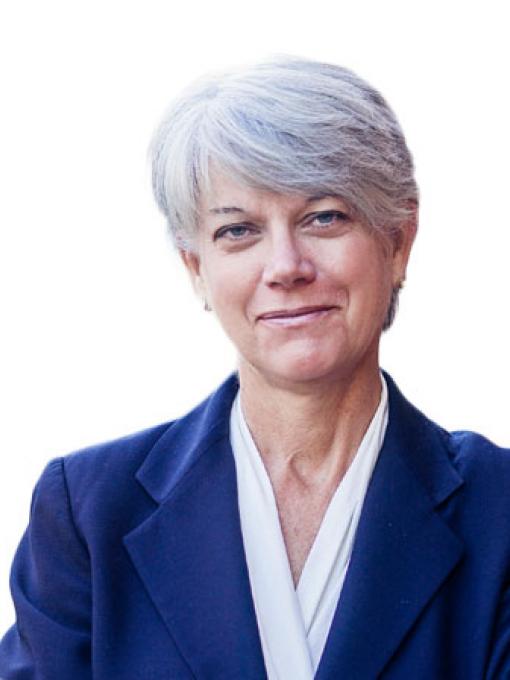September 11, 2001 is a day seared into the hearts and minds of every American who is old enough to remember it. The day that the United States witnessed commercial airlines used as weapons to destroy lives and places that Americans considered secure. The images of destruction, the certainty of people killed and injured was shocking and grievous.
Quaker faith and practice oppose all violence; vengeance will never achieve the peace that we seek. This is not an easy position in the face of fear and evil.
My Quaker meeting did what many faith communities did across the country that day—we gathered to lament, to cry, to pray, to hold the families affected and the first responders in the Light, and to hold our political leaders in the Light. The country was in shock and grief. In our gathering at Hartford Quaker Meeting, we knew the certainty of God’s presence.
Quaker faith and practice oppose all violence; vengeance will never achieve the peace that we seek. This is not an easy position in the face of fear and evil. Yet, when President George Bush declared a “global war on terror,” fueled by Congress granting the president the Congressional authority to declare war, we knew this was the wrong decision to prevent or end terror.
Now as we mark 20 years since that traumatic day, we continue to see the catastrophic consequences of wars in Afghanistan and Iraq. We didn’t know in the immediate aftermath of 9/11 that the cascading fallout of our country’s longest war would eventually destroy the lives, livelihood of tens of thousands of people and trust across the world.
Neither did we know that our response to the 9/11 attacks would result in the use of torture by our government. We violated our country’s commitment to human rights, and we relied on our military to solve the problem of terrorism, which they could not do.
War has never been the answer to the world’s most pressing problems—including terrorism. Military solutions and large-scale violence cannot lead to sustainable peace.
War has never been the answer to the world’s most pressing problems—including terrorism. Military solutions and large-scale violence cannot lead to sustainable peace. Instead, they only make the problem worse by spawning new terrorist groups and setting off cycles of retribution.
Only through the careful, patient work of peacebuilding with local human rights and civil society leaders which includes women, and through diplomacy by regional and international stakeholders can we reach just and durable solutions to the root causes of violence.
At FCNL, we have long considered the repeal of the 2001 and 2002 Authorizations for Use of Military Force as essential to accountability and actions that will reset the necessity for congressional authorization for all military actions. We continue to work with Rep. Barbara Lee (CA-13), the only member of Congress who voted against the 2001 AUMF, to end these endless wars as well as with all members of Congress who understand that they must debate military authorization.
If anything, the last 20 years has taught us that endless wars are harming people and the planet as well as the generations that come after us. According to Brown University’s Cost of War Project, the post-9/11 wars have killed over 335,000 civilians, forced 38 million people to flee their homes, and cost American taxpayers over $6.4 trillion.
These costs don’t include the missed opportunities of what we could be spending to address the threats of climate change or the pandemic, of income inequality and migration. These wars have poisoned our environment and contributed significantly to the climate crisis. These wars have also caused unrelenting trauma to civilians and the military.
If anything, the last 20 years has taught us that endless wars are harming people and the planet as well as the generations that come after us.
All these thoughts came flooding to me as I saw the recent TV coverage and read about the chaotic evacuation in the Kabul Airport as President Biden pulled the US out of Afghanistan. The grisly scenes of scores of Afghan civilians and 13 American soldiers killed by a suicide bomber only underscored the violence and destruction of war.
As we grieve these deaths and the unfolding humanitarian crisis in Afghanistan, we hold the people of Afghanistan in the Light in the days and months ahead. We affirm our opposition to war and violence and to the ensuing destruction and chaos.
Today, it is our fervent hope that endless war will be no more.

